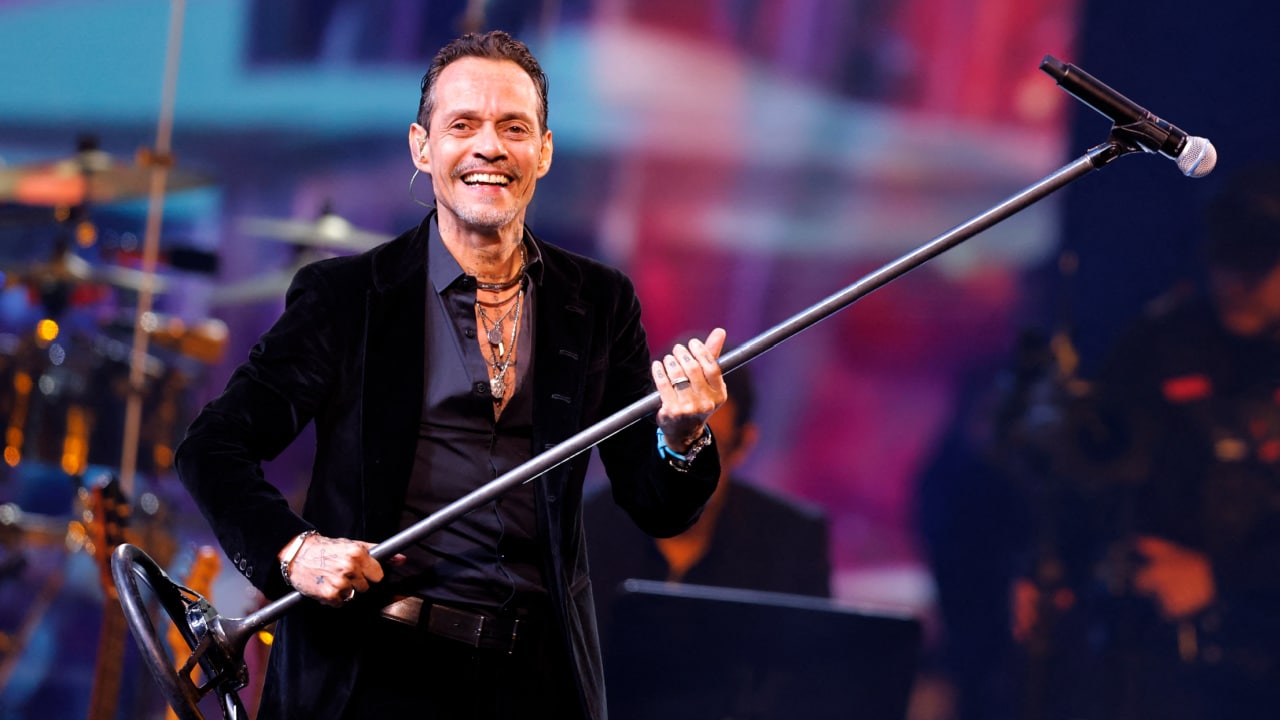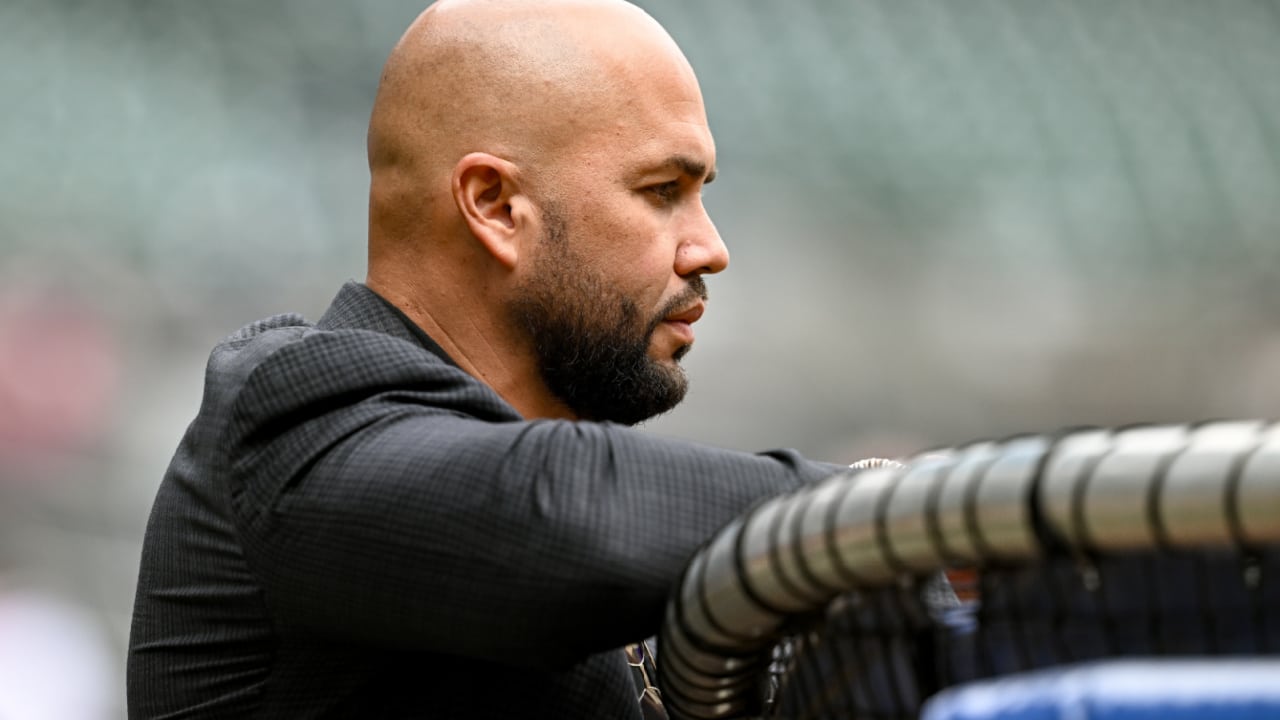Transgender Artist Gio Bravo Wants To Revolutionize Reggaeton: ‘It’s About Social Change’
Gio Bravo is not afraid of change.
Bravo, a trans artist, paved his way into music as a regional Mexican singer and the first trans artist working within the genre. But in early 2022, he took a dive into reggaeton.
Last August, Bravo dropped his first reggaeton single titled “Esta Noche.” He later followed up with other consecutive releases, including “Tiene Ganas,” “Lo Que Ella Quiere” and “Eres Fuego.” Bravo also released a duet collaboration with Helen Ochoa called “Diabla.”
mitú sat down with Bravo for the scoop on his career. In 2020, when he released his initial reggaeton hit, he credits the support of his fans for the impetus to produce more.
Bravo’s experimentation with reggaeton started off as a pandemic lockdown project.
“I had too much time on my hands,” he said jokingly via a Zoom call from his native California, when asked when the idea came to mind. “Sitting there, I just started playing around with the idea, and then I started thinking of what kind of song I would want to do, and I just started the song,” said Bravo who referenced Bad Bunny and Anuel AA as artists he admires.
While regional Mexican and reggaeton are genres that are primarily dominated by male artists, that have many times been labeled as ‘toxic’ and ‘masculinist,’ Bravo says that industry disruptors such as Bad Bunny, have slightly shifted that narrative, which has encouraged more gender nonconforming artists to work within the genre.
“It’s more than just about the music [for me]. It’s about a social change. It’s about creating new paths for other young LGBTQ+ artists who are Latino or Hispanic, who do want to venture out to new genres, but there’s still so much machismo; so much close-mindedness. So even though I do love my music, it is my dream to take it to a whole new level. For me, it was beyond just the music.”
The Mexican-Honduran-American recalls watching transgender artists not be taken seriously by the media growing up, and he wants to drive the conversation towards a more respectful view of the trans community.
“It’s very important for me to show the world what is an actual talented trans artist is, and I say this because I feel that in the media traditionally — especially in the Latin media — trans people are depicted as something to make fun of, something that is a joke, whether it’s an actress or like a comedy or whatever it is. A trans persona is always depicted as a joke, right? And our lives are far from being a joke,” he says.
While he recognizes that from his beginnings in the music industry, obstacles have presented themselves — due to factors such as his gender identity — he believes that within reggaeton there is more ‘acceptance’ of gender nonconforming artists such as himself.
“So, regional is my heart, you know, but just being so open about it definitely has its double-edged sword, so even though, I stand firmly behind who I am and the decisions I make, it definitely has made things a lot harder,” Bravo said. “I do feel that the reggaeton movement is a little bit more open to differences, open to change, open to nonconformity, so I wanted to explore a little bit of it. I loved making the music.”



